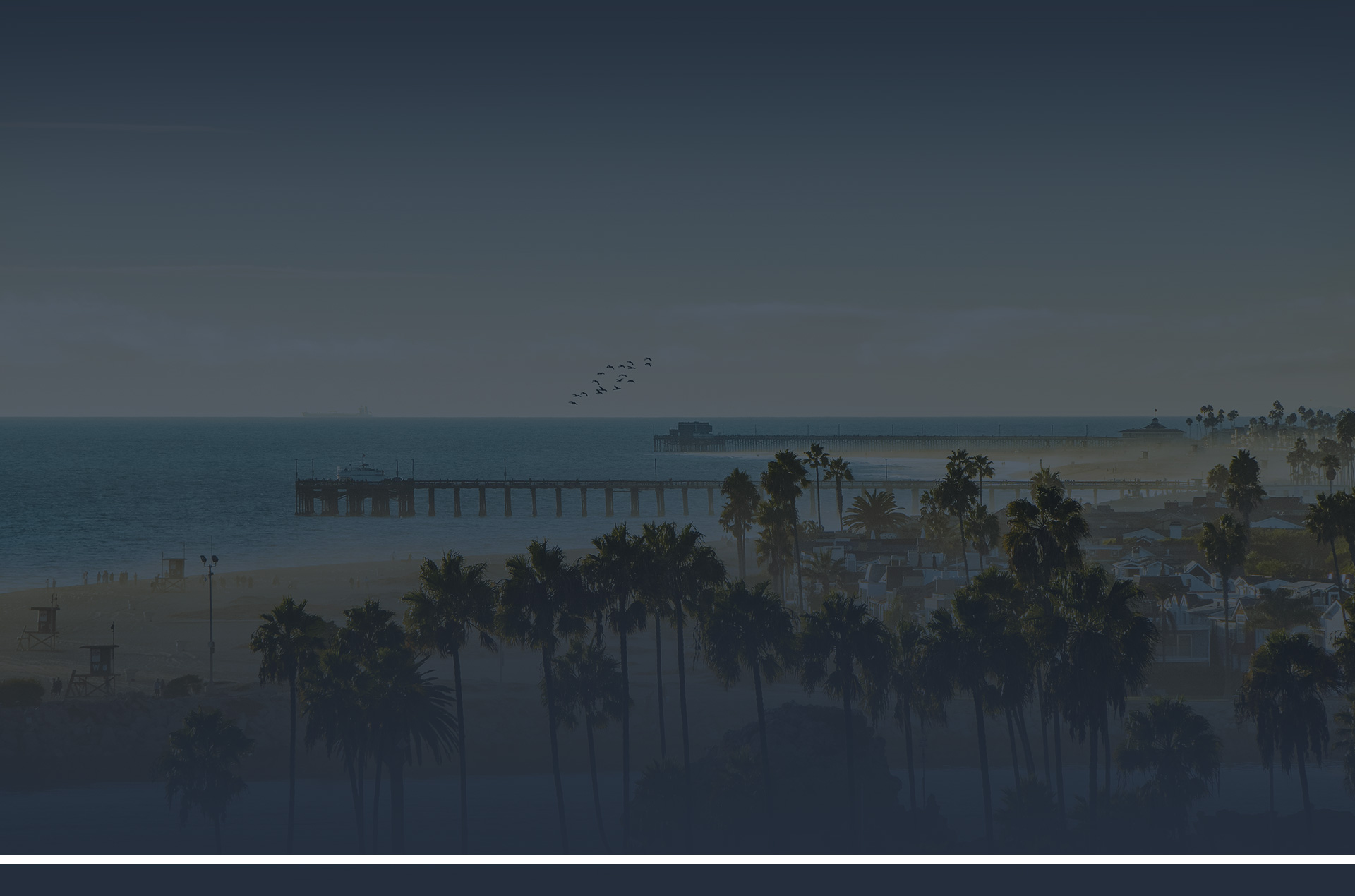With the passage of the Control, Regulate, and Tax Adult Use of Marijuana Act (known informally as “Proposition 64”) back in 2016, California decriminalized most forms of personal possession or use of marijuana. “Prop 64” also reduced many penalties associated with the sale or possession of marijuana.
Those over twenty-one may now possess up to eight grams of marijuana and even grow up to six cannabis plants for personal use.
Possession of cannabis beyond these limits may trigger a misdemeanor charge punishable with fines and jail time. And please note that recreational or public use may still be considered illegal depending upon the venue. For instance, smoking in public may still be illegal, and even possession on Federal lands may be illegal under Federal law. Driving while under the influence of marijuana remains illegal.
The Act further allowed for certain license-holding dispensaries to sell marijuana throughout the state of California. Absent such licensure the sale or illegal manufacture of marijuana remains a criminal offense under California’s revised criminal code.
In this blog post we will discuss what you need to know about California’s marijuana licenses, and the potential criminal repercussions of selling cannabis without a license in California.
California Cannabis Licenses
California’s marijuana licensure is now overseen by the California Department of Cannabis Control. Until recently there were three different state cannabis programs, each with different regulations for the cultivation, manufacture, and sale of marijuana in California. For instance, medical marijuana was treated separately from the sale and delivery of cannabis for recreational use. Steps have now been taken to consolidate those regulations into one. This should make it much easier to comply with the regulations moving forward.
The process to apply for a license to sell or deliver marijuana in California remains extensive, and includes the following steps:
- Complete any local permitting processes
- Gather and submit application information and documents to the state licensing board
- Create an online licensing system account with California
- Complete a formal license application
- Pay and submit the application
- Respond to any questions from the state licensing board
- If your license is approved, pay and post your license
- (And remember to renew any license up to sixty days before it expires!)
When word first spread that marijuana had been “decriminalized,” many citizens took that to mean that there would be no regulations of any kind involving cannabis. Instead, Proposition 64 merely legalized or decriminalized certain portions of the cannabis trade. Just as you may be arrested for practicing law or medicine without a license, you may face arrest if it is alleged you sold marijuana without a valid state license.
Because of the high taxes and stringent requirements associated with a state marijuana license, there remains a considerable illegal marijuana trade in California. Yet it remains illegal to sell or possess cannabis with the intent to sell, absent a valid license. If you allegedly sell marijuana without an active license, you may face some of the following criminal sanctions under California Health and Safety Code (HSC) 11357-11362.9:
- A fine of $500.00
- Jail of up to six months.
These sanctions may increase to two, three, or even four years of jail time depending upon prior criminal history, (two or more prior convictions), if the alleged sale is to someone under eighteen years of age, or if the offense involved alleged importing or exporting more than 28.5 grams of cannabis or more than four grams of concentrated cannabis.
And even if you are licensed to sell marijuana in California, there are legal limits to your license.
Mitigating Factors for Improper Use of License
A lapsed cannabis license may be considered a mitigating factor for any alleged illegal sale of cannabis but will not generally be a total defense. And even valid licenses are limited in scope. For instance, you may not sell marijuana on federal lands or in states or territories other than California. If you are charged with doing so, your valid California license may be another mitigating factor, but will generally not provide a total defense.
To learn more about marijuana licenses and criminal law, you should discuss your specific matter with experienced legal representation.
Concerned About Marijuana License Law? Count on Corrigan, Welbourn, Stokke, APLC
With more than one hundred years of combined criminal defense experience in the federal and state courts of California, our defense attorneys stand ready to assist you with any criminal matters you may confront in Newport Beach, Orange County, and our surrounding communities.
Call (949) 251-0330 today to schedule a consultation, or fill out the requested information on our firm contact form. We will help you better understand your rights and help you move forward in an efficient and appropriate manner.
We look forward to answering any questions you may have.



